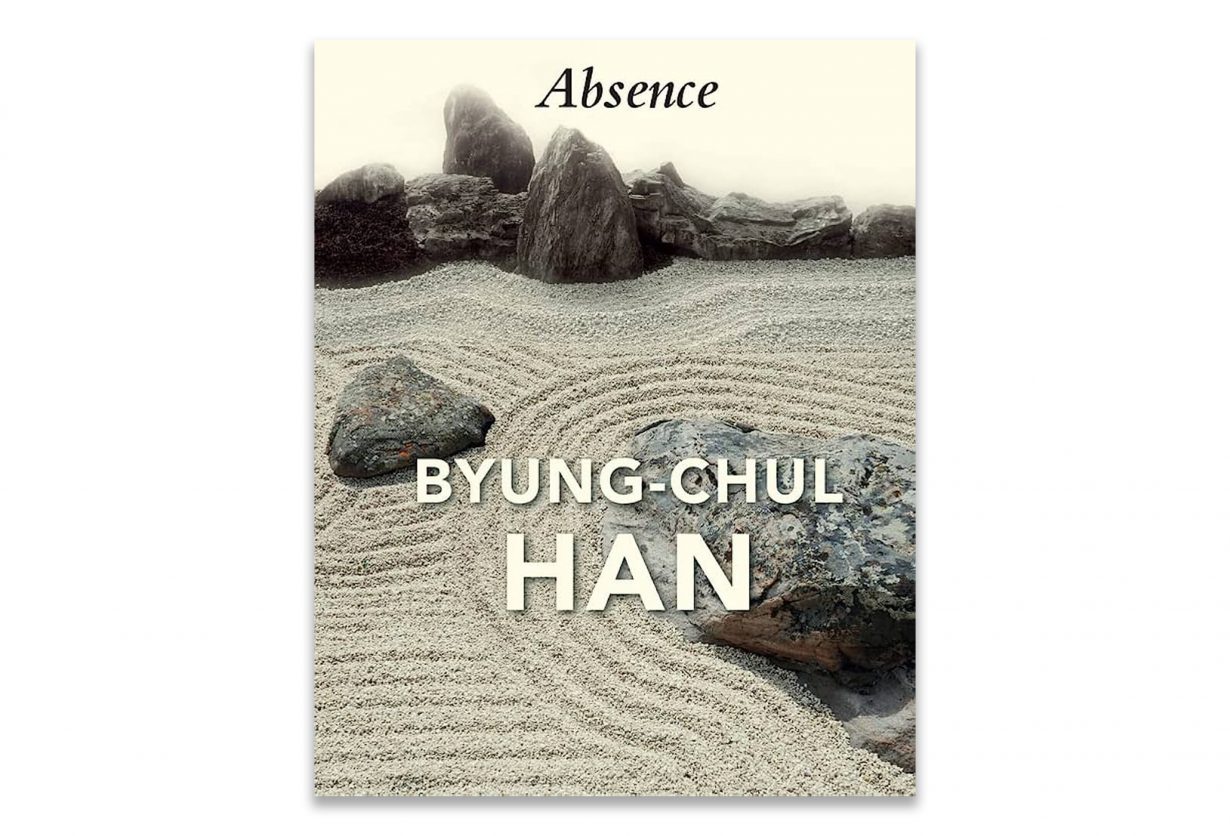The philosopher’s new book reframes the world through the subtle power of absence within Eastern thought

The author of The Burnout Society (2015) and Shanzai: Deconstruction in Chinese (2017) starts his latest English-language text, originally published in German in 2007 and now appearing in a translated edition, with the proposition that Western and Eastern thinking is fundamentally opposed. The former is based on a metaphysics of presence; the latter is founded in a metaphysics of absence. It’s a question of desire versus indifference; dwelling rather than, following Daoist thought, wandering; full stops as opposed to an endless series of commas or ands. And both, in turn, define how we respectively think about the self and its relation to the world.
In a change from the ‘haikuesque’ style for which the South Korean-born German writer is known, Absence isn’t so much a process of machine-gunning pithy aphorisms secure in the knowledge that eventually they will destroy their target. Rather, it is something of an explanation of why he writes in this manner (‘absencing spreads across Dasein [existence or, after Martin Heidegger, ‘being’], something dreamlike and hovering, because it makes it impossible to give an unambiguous, final, that is substantial, contour to things,’ he writes at one point, as if to explain both his use of ambiguous short statements and the European influence on this thinking), and a defence of his own status as a philosopher operating between two traditions (because ‘absence’, as is defined positively here, would involve not choosing to be part of one or other of them). Though that’s not to say that the aphorisms don’t punctuate this text, because to assert the differences between those traditions requires an explanation or the creation of that difference, machine-gunning references to a range of philosophers. And so we whizz through the thoughts and practices of G. W. F. Hegel, Heidegger, Plato, Heinrich von Kleist, Immanuel Kant, Confucius, Matsuo Basho, Zhuangzi, Laozi, Yoshida Kenkō, Jun’ichiroTanizaki and Tao Yuanming, among others.
Comparing the architecture of cathedrals (Han is Catholic) and Buddhist temples, he then moves this analysis to culture. Rice-paper screens are ‘indifferent’, creating an empty white space; stained glass windows give light meaning and therefore substance. Zen Buddhist ink paintings exist to draw out the white of the paper; the opposite of the chiaroscuro that illuminates human features in Caravaggio’s oil paintings, or Vermeer’s use of light to highlight objects. He goes on similarly to tackle urbanism, greetings, worldviews and language. It’s not long before he’s implicating rice too (colourless, flavourless and therefore, by refusing to insist on its presence, the perfect complement to any other flavour) into his project. Which chimes with his suggestion, at the beginning of the text, that absence is conducive to friendliness, while presence (and the self-centring that comes with it) creates foreignness and is therefore more conducive to alienation.
To accept absencing as a positive force, however, is not without problems – particularly in the sphere of politics. In an entertaining chapter, he describes how absencing, which involves a lack of doing or acting (here he evokes a story about Tao, a Six Dynasties-period poet, playing a stringless zither), necessitates an appreciation of foolishness in leaders and a lack of resistance when things go wrong. Many of his arguments may be rooted in tradition, but Han is ultimately targeting a present governed by identity politics, and by national, social and political divisions, where a degree of ‘foolishness’ might indeed be a balm. The title of his book may suggest he’s providing a handbook for the thinking of the Far East; in reality it’s a tool for reengaging with the world wherever you are.
Absence: On the Culture and Philosophy of the Far East by Byung-Chul Han, translated by Daniel Steuer. Polity, £12.99 (softcover)